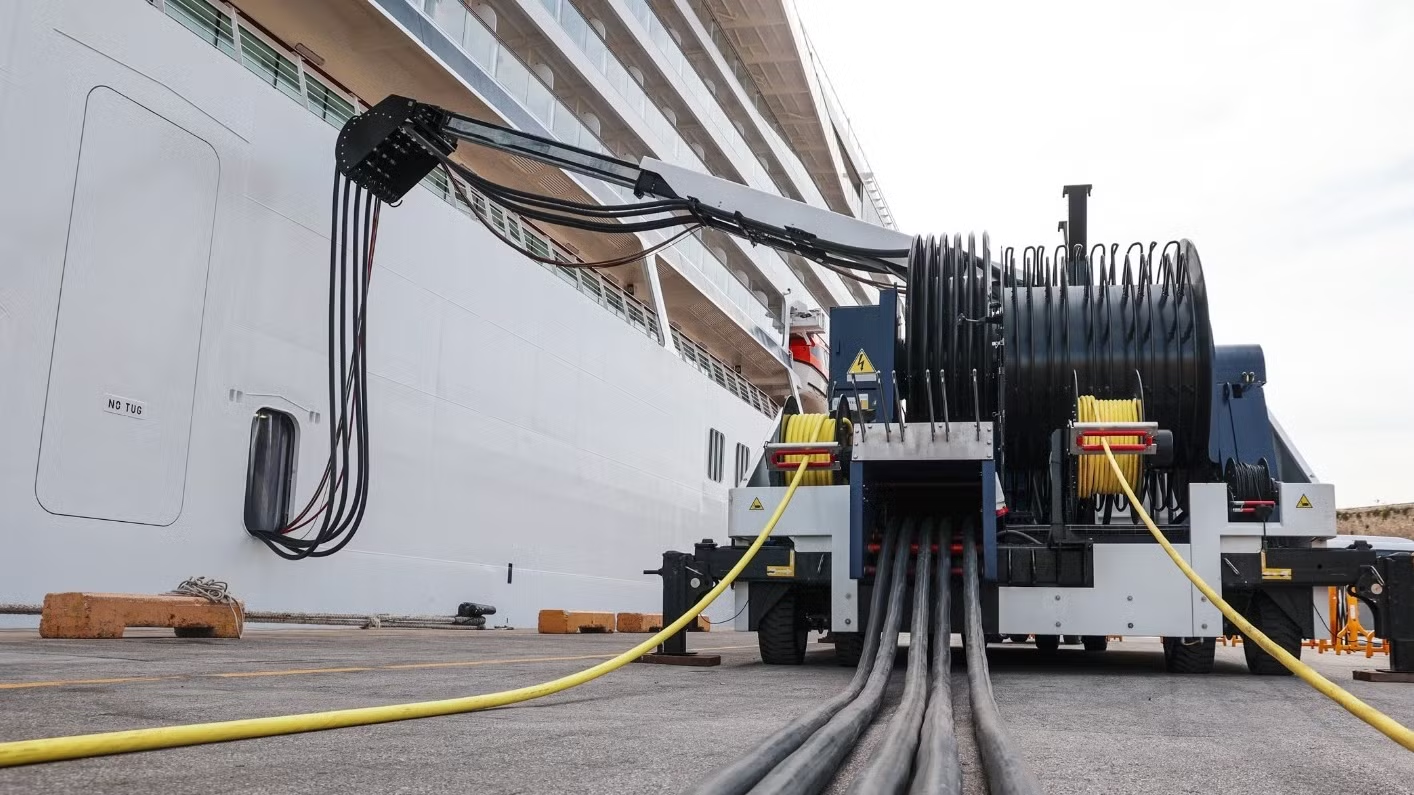Countries bordering the Gulf of Thailand have recently finalized a set of guidelines to manage the use of chemical dispersants for responding to oil spills in the region.
These guidelines emphasize a coordinated approach to using dispersants, which are chemicals that help break down oil slicks, minimizing the damage to shorelines and marine environments. As different countries may have varying policies regarding dispersant use, regional cooperation is crucial to ensure a unified response in the face of potential oil spills.
The guidelines were the key outcome of a workshop held in Bangkok from November 19-21, 2024, organized by the International Maritime Organization (IMO). The workshop brought together 30 officials from government agencies in Cambodia, Thailand, and Vietnam, alongside industry experts. These countries, part of the Gulf of Thailand Cooperation initiative, share a common interest in preserving the region’s biodiversity, fishing, and tourism industries, making effective oil spill response a high priority.
Countries bordering the Gulf of Thailand have finalized a set of guidelines to manage the use of chemical dispersants to respond to oil spills in the region.
All details here: https://t.co/xxQ7v3Xiu4 #OilSpillsResponse pic.twitter.com/aNZpPkJ0Dv— International Maritime Organization (@IMOHQ) November 22, 2024
The discussions at the workshop focused on strengthening regional collaboration, supporting in-country efforts, and developing national and regional strategies for dispersant use, in line with the OPRC Convention.
The finalized guidelines are a key achievement of the 2023-2027 Strategic Action Plan for Oil Spill Readiness and Response, marking an important step toward better pollution preparedness in the Gulf of Thailand.
The event was part of the GI SEA Project, supported by IMO’s Integrated Technical Cooperation Programme, and in collaboration with Thailand’s Ministry of Transport.































































